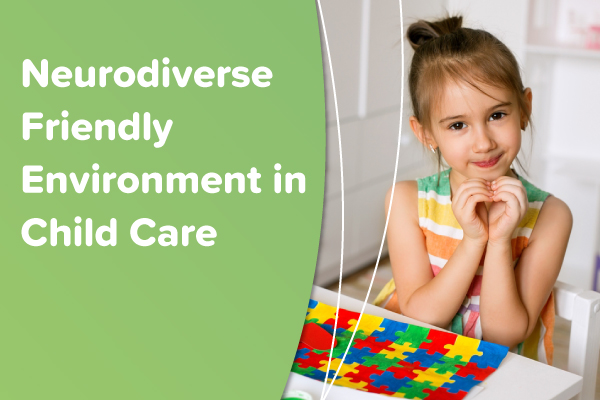A new year is often seen as a fresh chance, a new opportunity. When the year comes to a close and a fresh year is set to begin, we naturally begin to reflect. What went right, what wasn’t so great, what worked, what didn’t work and so on.
If last year has left you feeling depleted, or like you didn’t quite achieve what you set out to, that’s totally okay. Taking the time to reassess and set some realistic goals can be an effective way of moving forward in a positive way.
Now is the perfect time to start setting yourself up for success in the year ahead!

Why do we set goals?
New year’s resolutions, fitness targets, savings plans — as human beings, goal setting seems to come naturally to many of us.
We can set goals for a range of reasons, and it’s usually a combination of these:
- Finding motivation
- Improving your current situation
- Getting through your ‘wish list’ or ‘to do list’ in life
- Helping get to your next step
- Keeping yourself accountable
How to go about setting yourself goals
Of course, it’s one thing to set goals, but what can we do to help ourselves actually achieve them? You can approach goal setting in many ways — think of it personally, stick a note on your bathroom mirror, team up with a friend. It’s important to find an approach that best suits you and seems to help you get the results you are striving for.
One particular approach that is highly regarded to improve your chance at succeeding in reaching your goals is taking the SMART approach. To be clear, that is an acronym, with SMART standing for specific, measurable, achievable, relevant and time-bound.
Let’s take a closer look at each of these:
- Specific: What do you want to accomplish and what needs to be done?
- Measurable: How will you track your progress on achieving this goal?
- Achievable: Know what is required to achieve the goal and be sure that it can be done based on any potential constraints.
- Relevant: Is it worthwhile, is this the right time and what will I get from accomplishing it?
- Time-bound: Work toward a deadline. When do you want to complete this goal and what mini-deadlines will help create a feasible timeline to get there.
Whether you want to run 5 kilometres in a certain time frame, or you are aiming to learn to play a song on guitar, using the SMART methodology is an excellent way to frame your goal setting.
The value of goal setting to fulfil our potential
When we set goals, we are demonstrating hope for the future. We are foreshadowing a better version of ourselves and a journey of growth that we are excited for. As well as motivating us to get from where we are to where we want to be, goals can also contribute to improved mental health and wellbeing.
You can use the power of goal setting in a variety of settings each with unique outcomes. You might apply goals to your career, education, finances, family, physical health, mental health, creative endeavours, public service, relationships and more.
The combination of goal setting mobilising us to take action and improving our performance as we strive to achieve the goals can increase our ability to reach our potential and lead a fulfilling life where we continually move forward.
Is a new career a goal for you?
If you’ve been considering where you are now and where you want to be, it’s possible that you are thinking about a new career path.
A new career can mean a lot more than just a new job. When you embark on a fresh career in early childhood education, you could find a better work-life balance, more flexibility, or a rewarding career that offers you a sense of satisfaction in what you do.
Perhaps a goal for you is upskilling, taking your existing job to a new level and opening doors for career progression or leadership opportunities.
If entering or upskilling yourself or your team in early childhood education is at the heart of your goals, we can support your journey and help you achieve your goals.



